Hon. Minister Asamo Hellen Grace Rings the Bell for Gender Equality
In a resounding display of dedication to gender equality and economic inclusion, Uganda’s corporate, technology, and development leaders converged to “Ring the Bell for Gender Equality,” during celebrations to mark International Women’s Day 2025.
Themed “Breaking Barriers, Empowering Women, Transforming the Economy.” The event which served as a pivotal platform for stakeholders to articulate their strategies for fostering a more equitable landscape for Ugandan women was hosted by the Uganda Securities Exchange (USE).
The discussions highlighted strategies for harnessing the transformative power of women as drivers of economic growth and social change through deliberate leadership, technological innovation, and inclusive financial practices.
Paul Bwiso, CEO of the USE, emphasized the exchange’s commitment to fostering inclusive growth and celebrating the increasing participation of women in the Ugandan capital market. “We believe that empowering women is not just a moral imperative, but a catalyst for economic growth,” he affirmed.
He said the exchange has participated in the event since 2018 through the Sustainable Stock Exchanges Initiative.
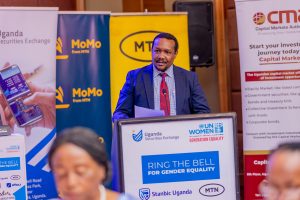
Paul Bwiso CEO-USE
Bwiso said some listed companies in Uganda have achieved female board representation as high as 52% to 57%, aligning with the United Nations Sustainable Development Goal 5, which seeks to achieve gender equality and empower all women and girls.
Bwiso also addressed progress in financial inclusion, revealing that out of approximately 250,000 investors in the Ugandan capital market, over 53,000 are women, accounting for about 20%.
Of the approximately 250,000 investors, over 53,000 are women, with 11,000 holding shares in listed companies. Bwiso said this is a substantial achievement in a market where individual companies often have only 2,000 to 3,000 total investors.
He said the USE has embraced digital platforms and mobile applications to make the stock market more accessible, particularly to women who may face barriers to traditional investment channels, and praised stockbrokers and financial institutions for offering tailored financial services and products that cater to women’s unique needs, including access to finance and business growth opportunities.
Bwiso also emphasized the strides made by listed companies in promoting women’s leadership, with some companies achieving 52-57% female board representation which is commendable.
While global averages show that women hold about 25% of leadership positions in listed companies, Bwiso said Uganda is showing promising improvements, surpassing the earlier global average of 17-18%.
Dr. Pauline Chiwangu, UN Women Uganda Country Representative, stressed the urgency of accelerating progress on gender equality, particularly as the 2030 Sustainable Development Goals (SDGs) deadline looms.
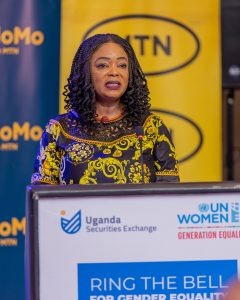
Dr. Pauline Chiwangu, UN Women Uganda Country Representative
She highlighted the staggering economic cost of gender inequality, stating, “Failing to invest in women and gender equality costs the global economy $10 trillion every year,” and urged private sector leaders to adopt the Women’s Empowerment Principles (WEPs) as a cornerstone of their operations.
She also noted a $360 billion annual shortfall in financing required to achieve SDG 5 and a projection that full gender equality could take 200 years at the current pace.
Calling on the financial sector to lead the change, Chiwangu urged listed companies to adopt and implement the Women’s Empowerment Principles (WEPs)—a UN-led framework promoting gender equality in the workplace and beyond.
“Today, let the world see and feel our impact. We commend USE and look forward to the formation of a private sector-led accountability initiative that will monitor gender equality commitments,” she said.
Adekemi Ndieli, Deputy Representative of UN Women Uganda, unveiled plans for a robust Accountability Platform, designed to monitor and support companies in fulfilling their WEPs commitments.

“Accountability is not optional,” she declared, outlining the platform’s role in measuring progress, recognizing top performers, and ensuring compliance through rigorous assessment.
To ensure adherence to these principles, UN Women, in partnership with USE, announced the creation of an Accountability Platform. The platform will assess signatory companies periodically, report on progress, and recognize those making significant strides.
She said the initiative aims to develop a robust monitoring and evaluation framework, engage stakeholders to identify gaps, conduct regular reviews, and establish mechanisms for rewarding progress.
“The platform will include key institutions such as the Ministry of Gender, Labour, and Social Development, the Equal Opportunities Commission, the Private Sector Foundation Uganda (PSFU), UNDP, UN Women, and USE,” she said.
Cathy Adengo, Head of Sustainability ESG & CSI at Stanbic Bank Uganda, shared her organization’s proactive initiatives to promote gender equity, including the transformative “Ignite Women’s Leadership Program” and the “StandForHer” financial inclusion product.
“We’ve had to be very intentional in driving inclusion,” Adengo explained, highlighting the bank’s efforts to increase female participation in traditionally male-dominated sectors like engineering and security.
From the tech sector, Abraham Banaddawa, CEO of Level Africa, outlined how technology is breaking down traditional barriers to investing, especially for women. “Technology doesn’t discriminate—the bias comes from humans,” Banaddawa remarked.
He said his firm’s gender-neutral self-service investment platform has yielded remarkable results, with higher engagement and conversion rates among women compared to men. For every two women who sign up, one proceeds to invest, versus one in five for men.
Level Africa’s outreach efforts have focused on financial literacy for women’s groups and SACCOs, offering free courses via Zoom, allowing them to reach rural areas like Gulu from Kampala.
Grace Bulenzi Gulere, Program me Specialist for Gender Statistics at UN Women, emphasized the macro impact of empowering women. “It’s simple—empowered women drive economic growth, reduce poverty, and improve health and education outcomes,” she said.

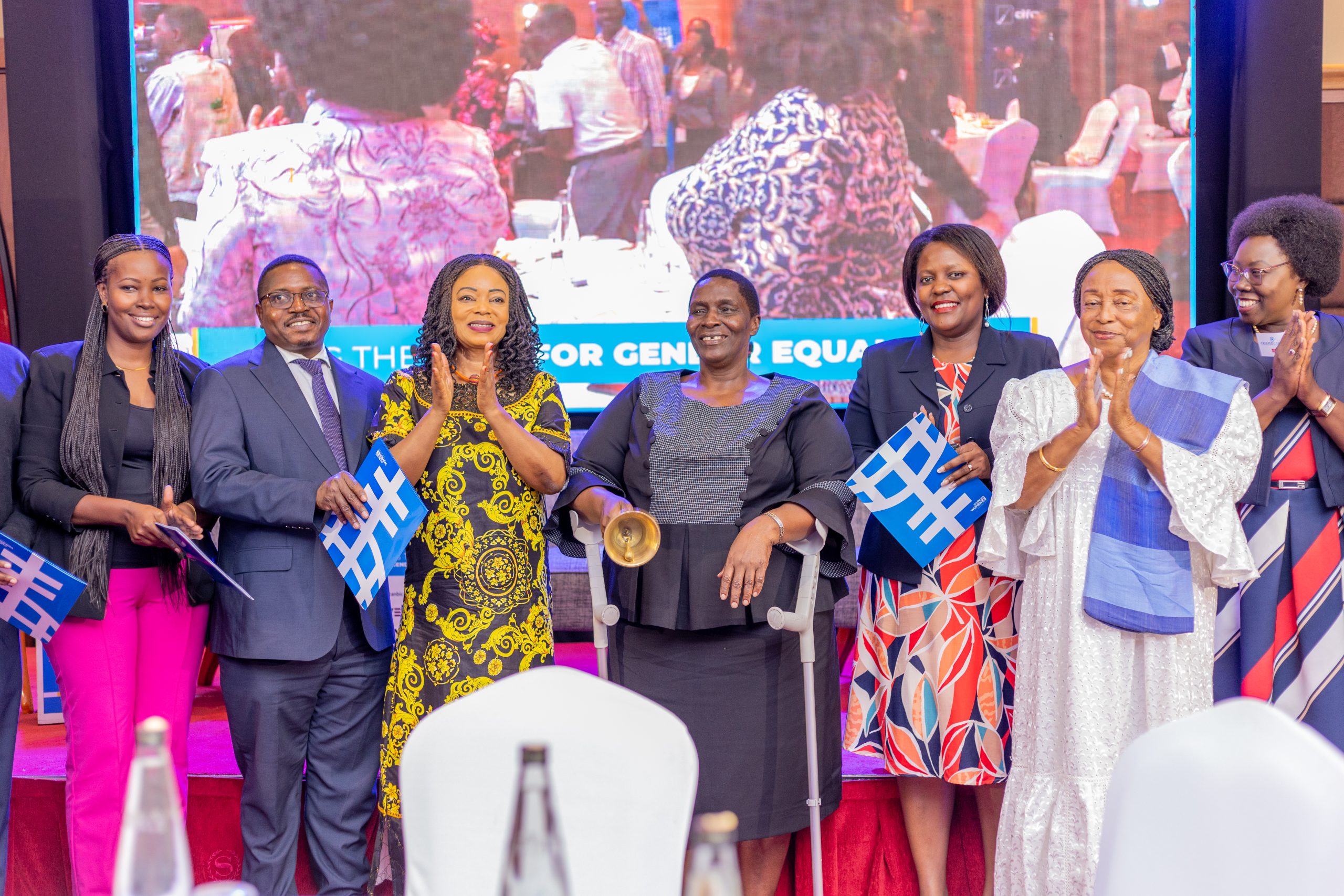
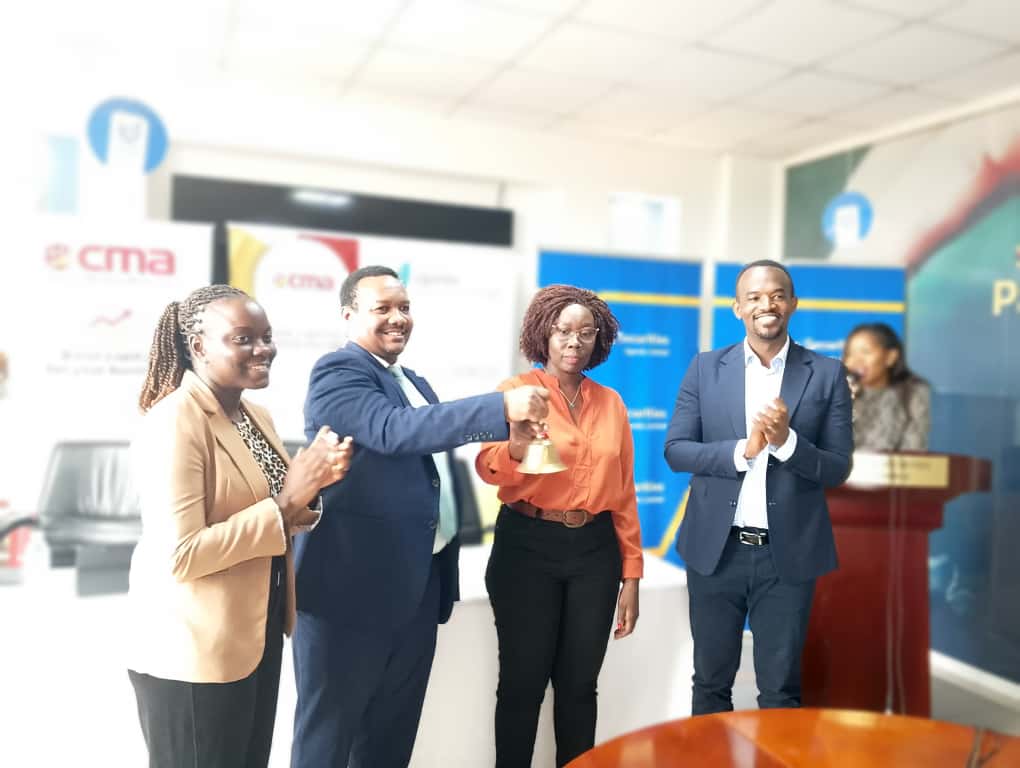





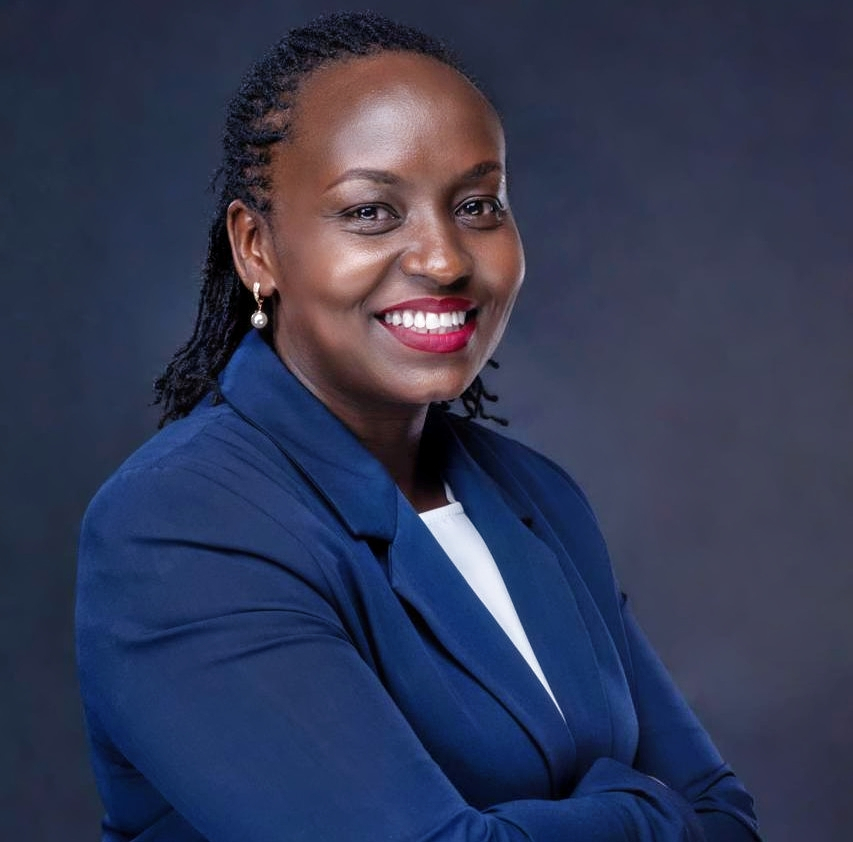

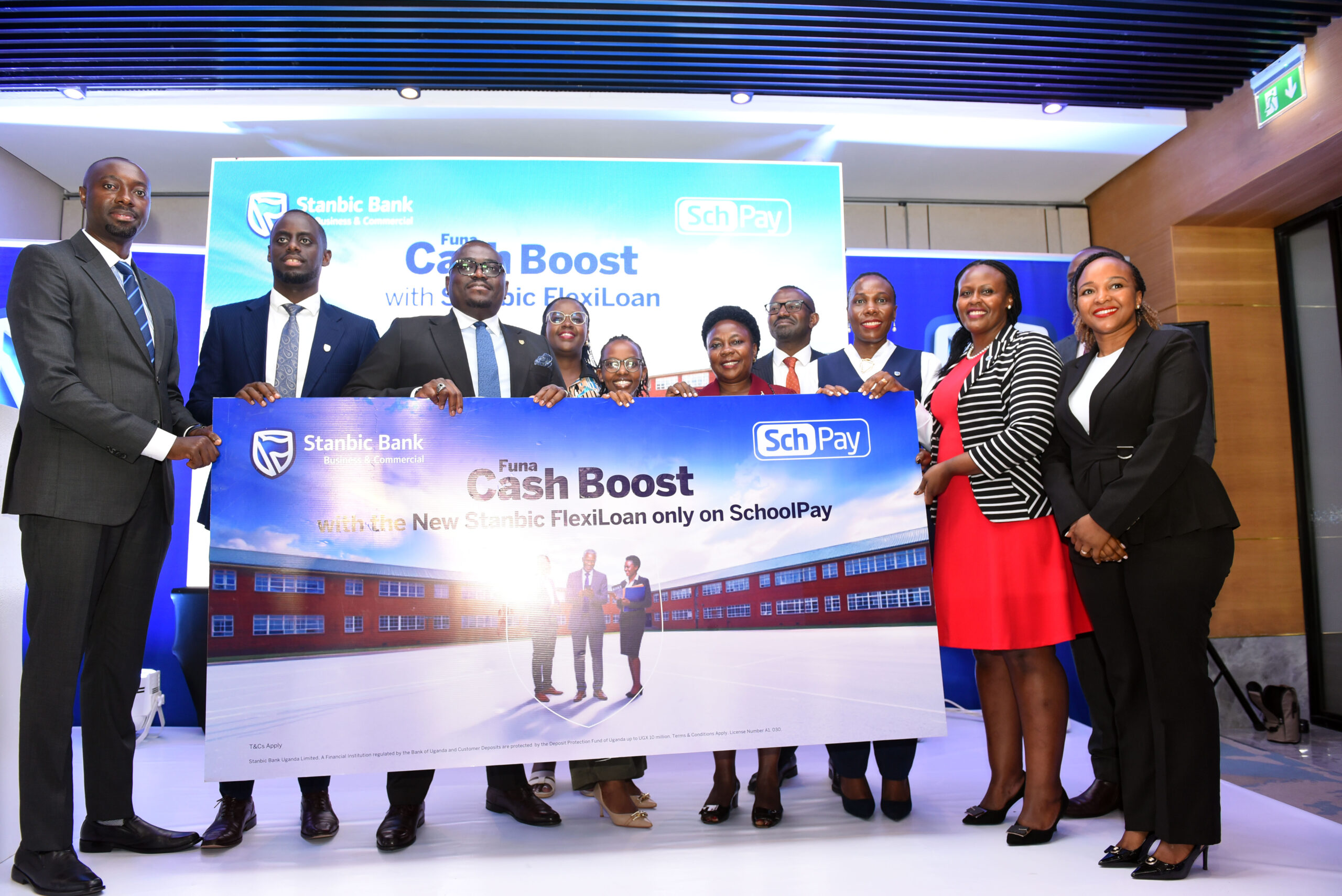

Leave a Reply